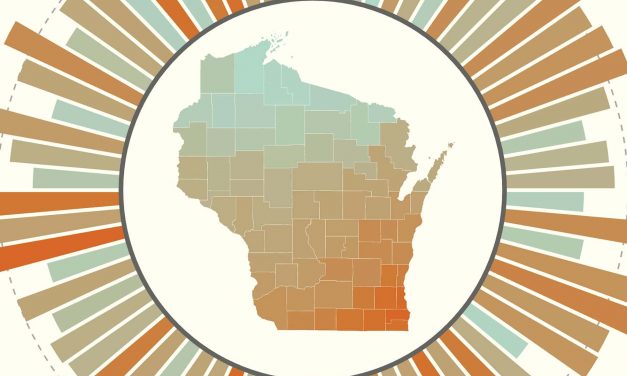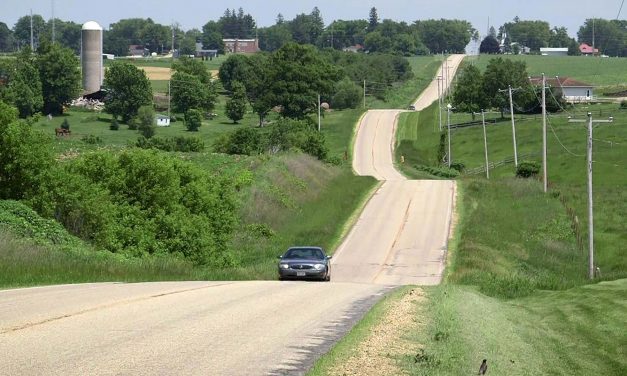Interactive map visualizes Wisconsin’s health disparities by county
Air pollution levels vary quite broadly across Wisconsin, but they follow a clear geographic trend: particulate counts in the southeastern corner of the state are close to double those along its northern border. Population density and accompanying automobile traffic and industry in the Milwaukee and Chicago regions contribute to this difference, which is a distinct example of how geography is a factor in health. However, most other determinants of health in Wisconsin do not follow a pattern quite so clear this one. Among nearly three dozen factors that influence health, some places in Wisconsin are doing better than others....
Read More















